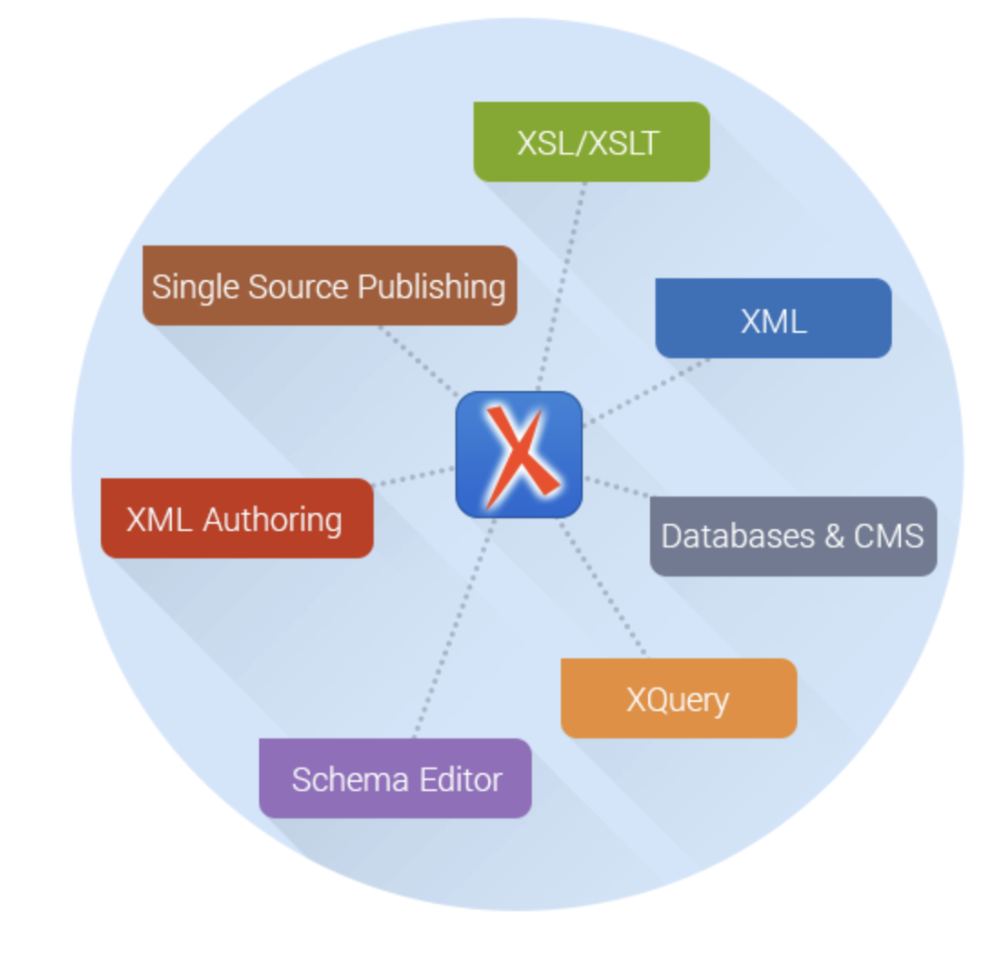Syncro Soft, the developer of the Oxygen XML suite (http://www.oxygenxml.com( of products, has released version 21.1 of its XML editing suite of products, Oxygen XML Editor, Author, Developer, Web Author, WebHelp, and Oxygen PDF Chemistry, as well as version 1.2 of the collaboration product Oxygen Content Fusion.
Oxygen PDF Chemistry, the CSS-based paged media processor, is no longer in a beta stage and is included in Oxygen XML Editor/Author/Developer as the default PDF publishing engine. It’s also now available as a separate commercial option for those who want to use it outside of Oxygen.
Version 21.1 of the Oxygen XML Editor introduces HTML5 support (without treating it as XHTML), providing specialized text-based editing and validation support. DITA support includes a new Resource Hierarchy/Dependencies view, the ability to quickly find similar topics, DITA PDF publishing now provides the possibility of adding a mini-TOC at each chapter as well as internationalization, and many other improvements.
The JSON support gets new improvements and the inclusion of an instance generator from a JSON Schema.
The main focus for this release of Oxygen XML Web Author was to make it compliant with the Section 508 accessibility standard, making it accessible for everyone, including those with disabilities.
Some other examples of improvements added in this version include a preview pane to make it easier to insert DITA links and content references, you now have the ability to control the default set of characters that will appear when a user inserts special characters, support was added for configuring a backup license server, a new plugin is available that provides a toolbar button for doing a manual spell check, various new APIs, performance and stability improvements, and much more.
Oxygen Content Fusion enables simple and streamlined collaboration and was designed to adapt to any type of workflow, so it can be used and integrated into any documentation review or collaboration process.
Some examples of improvements added in this version include the possibility of deploying the Content Fusion Enterprise Server on Red Hat or CentOS, the ability to specify a custom email address as the sender for notification emails, improvements to the file locking mechanism, reviewers can now open and edit content referenced by DITA conrefs or conkeyrefs, and various improvements to the built-in editor.





